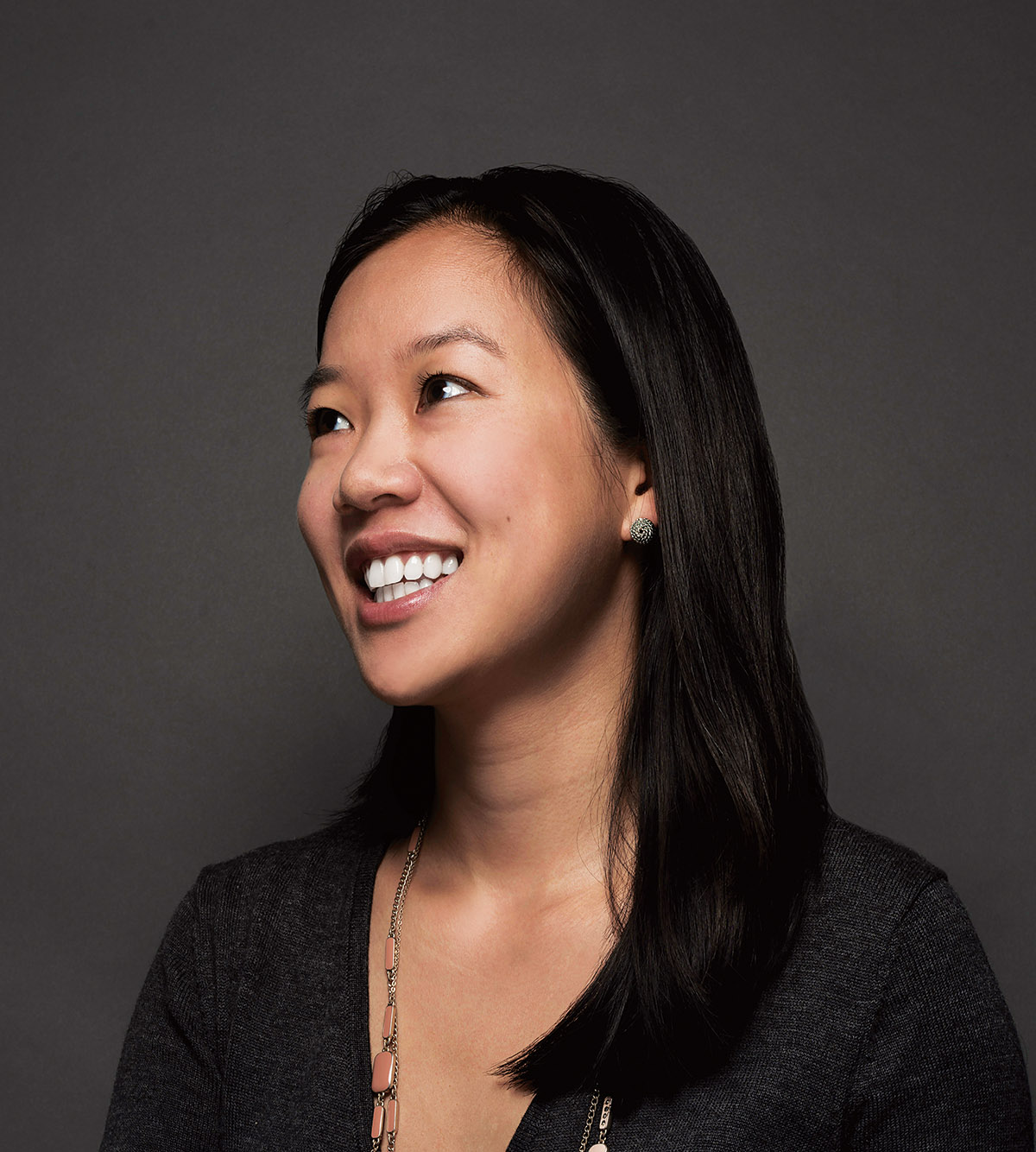Power of Ideas: Diana Hwang

Photograph by Toan Trinh
The Backstory
Diana Hwang never thought she’d get into politics. As the daughter of Taiwanese immigrants, the Texas native was pushed to excel in school, but never engaged in civic affairs. “I didn’t vote until I was 21. I didn’t grow up talking about politics,” she admits. “It’s not something our families do. I think for some of us, it’s because our families come from countries where you can actually be killed for being politically active.”
The Idea
After attending Dartmouth, Hwang landed a job on Beacon Hill working for the late state Representative Debby Blumer, of Framingham, who was known for her work on immigration issues. Wandering the halls of the State House, Hwang noticed how rarely she encountered other Asian-American politicians and aides. “There are cities in the commonwealth, like Quincy, where you have a 25 percent Asian population. Yet in these buildings with insane power, Asian Americans were invisible. That’s when I started to get a bit like: This is not right,” she says. Hwang first thought she’d work to get more Asian-American women elected to office. But she soon realized that wasn’t the place to start: “I started meeting with Asian-American women about this idea, and I realized we’re not even there yet. We have the lowest voter-registration rate of any group in the state. At every benchmark of political engagement and power, we fall behind.” So in 2009, Hwang launched an innovative organization that aims to mentor aspiring politicians from the ground up.
The Program
Hwang’s Asian- American Women’s Political Initiative, the first of its kind in the country, has enabled 35 young women to gain experience working alongside legislators through its State House Fellowship Program. Over the past five years, these fellows have tackled issues that often go unaddressed in their communities, such as mental- health problems among young Asian-American women—who have the second-highest rate of suicide among all ethnic groups—and domestic violence within immigrant populations. Hwang says more than 80 percent of the women have now volunteered or worked on campaigns. While she hopes they’ll run for office one day, what’s most important, she says, is that they feel like they have a voice to advocate for themselves. “Now you know how the system works,” she tells them. “You can’t change the system unless you’ve been in it.”
The Stakes
- The 2010 census found that Asian Americans are the fastest-growing racial group in the country.
- Two-thirds of the Asian-American population in Boston are immigrants.
- There are only two Asian-American women serving in statewide elected executive office in the U.S.


